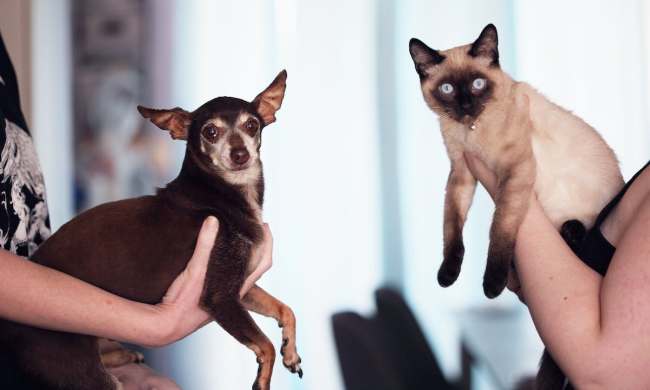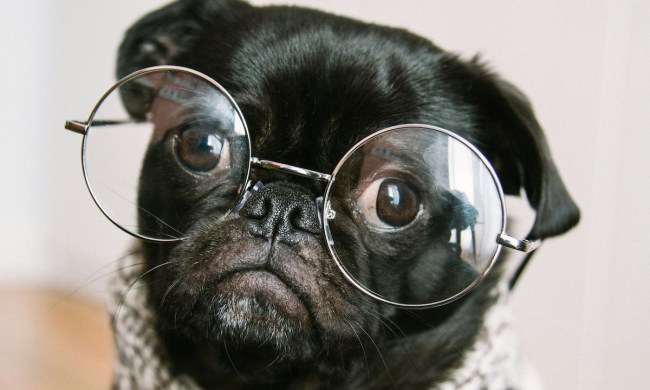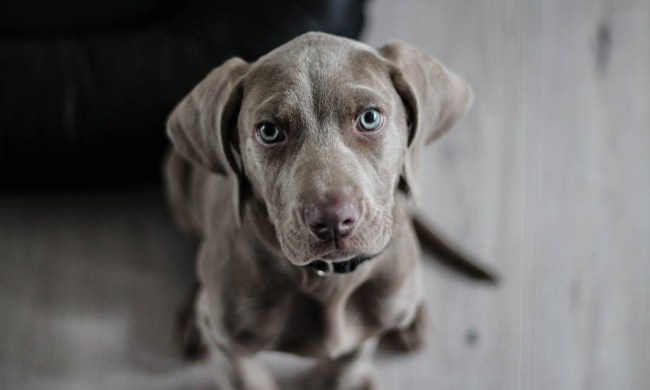As you brace for a bitingly cold winter, you may be dreading daily walks with your dog. As it turns out, you may not have to bundle up and brave frigid temperatures to keep your pooch healthy and active. Have you ever wondered, “How cold is too cold for my dog? Do I have to take my dog for walks this winter?” We’ve consulted the experts, and here’s what they have to say about walking your pup in a winter wonderland.
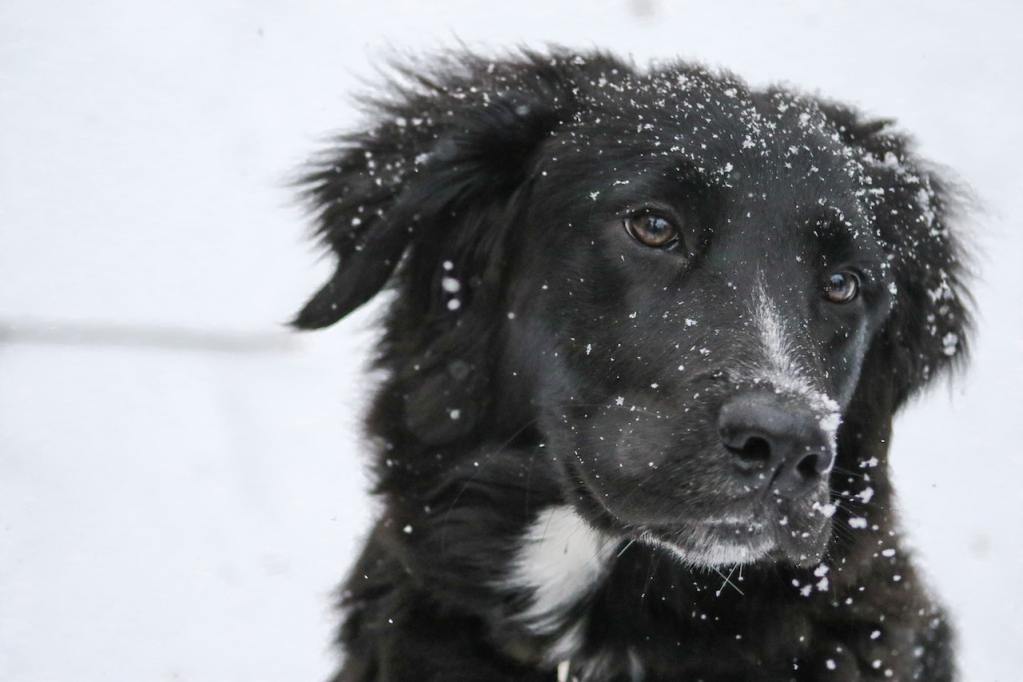
Outdoor walks are optional
While taking your dog outside for a walk is beneficial for their physical and mental health, that doesn’t mean a jaunt through your neighborhood is your only option. Experts say you should still take your dog for a walk on rainy days, but they’ve also concluded that cold-weather strolls may not be the best bet for you or your pooch.
According to the Calm Canine Academy’s head of training and behavior, Karishma Warr, CCPDT-KA, MA, FFCP, CSTAT, “Skipping some walks is a-okay! If it is too cold, actively snow storming, or they just put out a fresh layer of salt outside your building, it is okay to meet your dog’s needs in alternative ways. Teach them a new trick, play around with some nose work, brush up on their old cues, play their favorite games, experiment with new DIY food enrichment, whatever they would most enjoy. Pay attention to your dog! If they don’t want to stay out after they have done their business, bring them back in and do something more desirable together.”
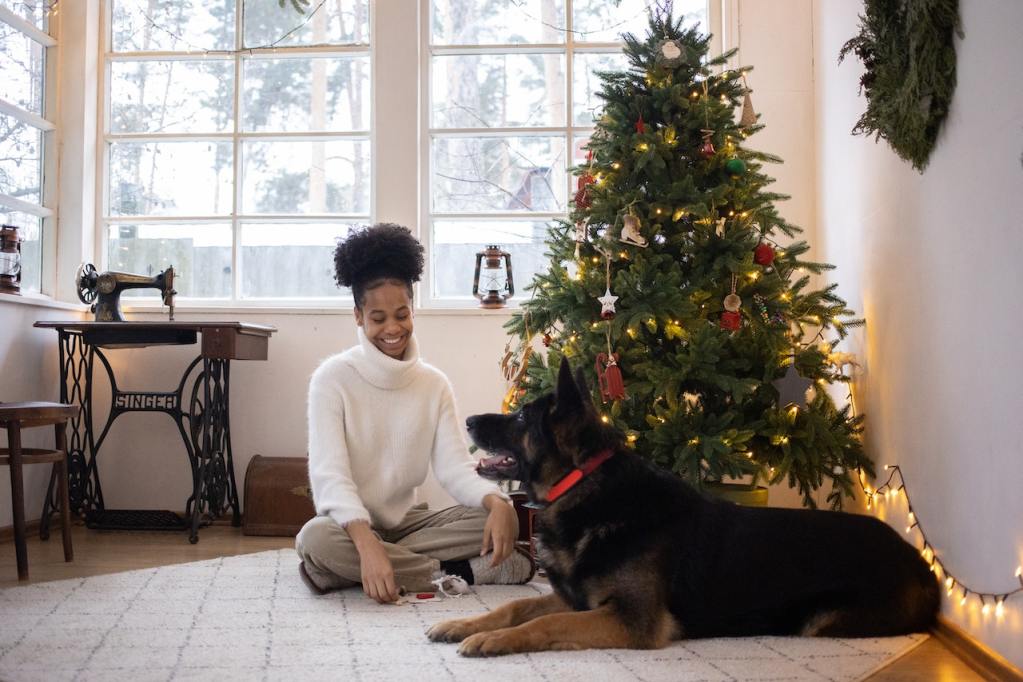
How skipping time outdoors may benefit your dog
As Warr points out, winter walks may pose a threat to your dog’s health. Ice melters, chemically altered salts commonly used to keep roads and walkways clear of snow and ice, often contain toxic or caustic ingredients. If ingested, these chemicals can make your dog dangerously ill. At the very least, exposure to ice melters may irritate your dog’s paws. If you want to keep your pup safe this winter, take them outside briefly, allow them to do their business, and bring them back inside right away.
Keeping your dog active year-round is vitally important to their health, but if it’s too cold for you, it’s also too cold for your dog. Young puppies, dogs with health conditions, and senior dogs are more vulnerable to the cold than healthy, adult dogs. Similarly, smaller breeds, brachycephalic breeds like bulldogs, and dogs with short, thin coats may have a more difficult time acclimating to cold weather.
Rebarkable founder Ali Smith stated, “Listen to your dog! If they’re saying it’s too cold, or too wet? Then maybe skip your walk!”
So, how cold is too cold? In general, 45 degrees Fahrenheit or below is chilly enough to make your pooch uncomfortable. If outdoor walks are a must, invest in a good winter coat, make sure your pooch wears snow booties, and don’t let them lick the sidewalk.

